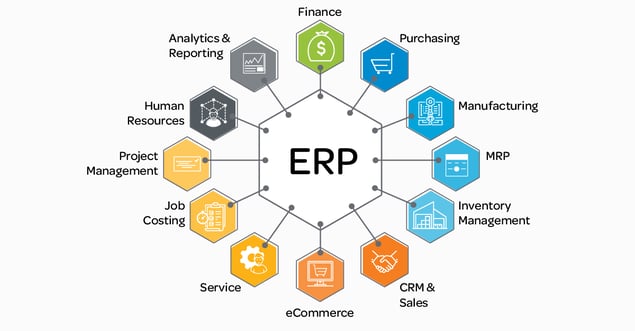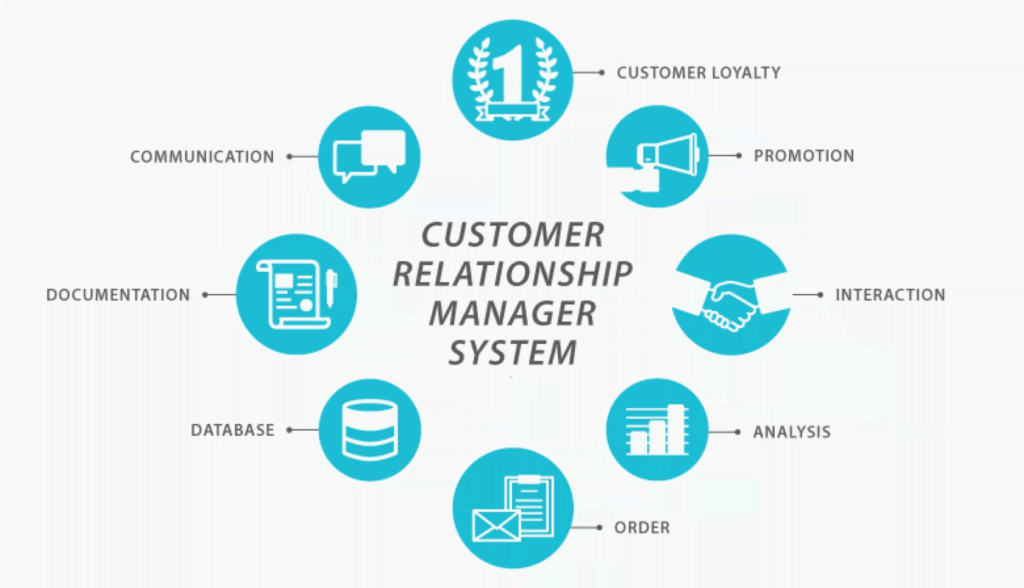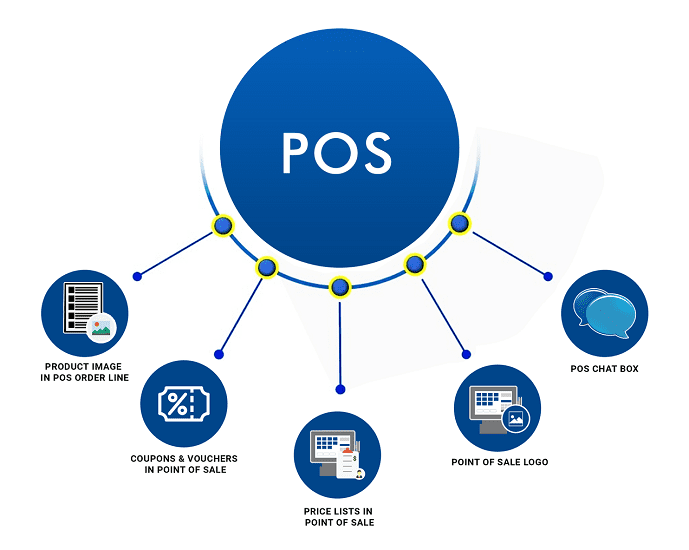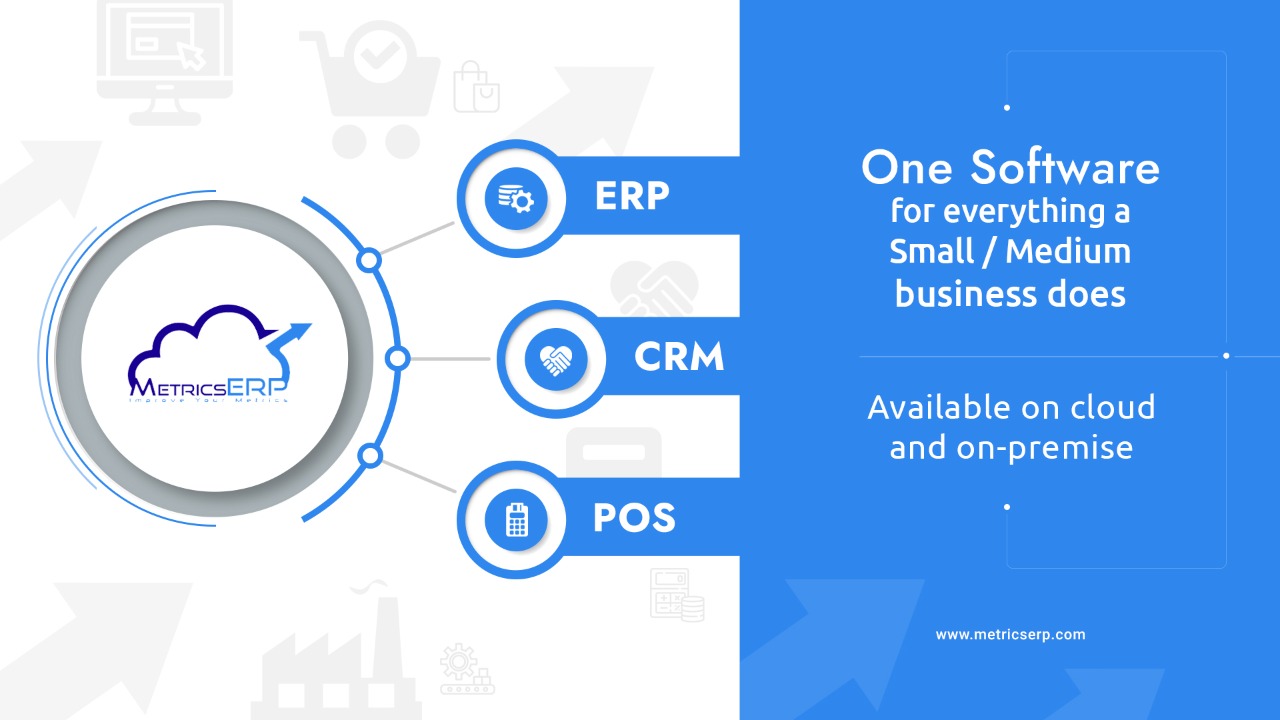Running a restaurant involves more than just serving delicious food and providing excellent customer service. Behind the scenes, a complex web of operations needs to be seamlessly managed to ensure the business runs smoothly. Enter the trifecta of restaurant management software: ERP (Enterprise Resource Planning), CRM (Customer Relationship Management), and POS (Point of Sale). But do restaurants need all three of these systems? Let’s delve into the specifics to find out.
Understanding the Big Three
1. ERP (Enterprise Resource Planning)
ERP systems are designed to integrate and manage the core processes of a business. For restaurants, this can mean:
- Inventory Management: Keeping track of ingredients, supplies, and other inventory to avoid shortages or overstocking.
- Financial Management: Managing accounts, payroll, and other financial aspects.
- Supply Chain Management: Ensuring a smooth flow of goods from suppliers to the kitchen.
2. CRM (Customer Relationship Management)
CRM systems focus on managing a company’s interactions with current and potential customers. In a restaurant context, this includes:
- Customer Data Management: Storing customer information, preferences, and history.
- Marketing Automation: Sending targeted promotions, newsletters, and updates.
- Customer Feedback: Collecting and analyzing feedback to improve service and offerings.
3. POS (Point of Sale)
POS systems are critical for the day-to-day operations of a restaurant. They handle:
- Sales Transactions: Processing orders and payments efficiently.
- Order Management: Managing orders from different sources, like dine-in, takeout, and delivery.
- Reporting: Providing sales reports and analytics to understand business performance.
The Benefits of Integration
Streamlined Operations
By integrating ERP, CRM, and POS systems, restaurants can streamline their operations significantly. For example, a POS system can feed sales data directly into the ERP for real-time inventory updates and financial tracking. Similarly, CRM can use data from the POS to create personalized marketing campaigns based on customer purchase history.
Improved Customer Experience
A well-integrated system ensures a seamless customer experience. Imagine a regular customer walks into your restaurant, and the CRM system alerts the staff about their preferences and previous orders. This allows the staff to provide personalized service, enhancing customer satisfaction and loyalty.
Data-Driven Decision Making
With all three systems working together, restaurants can access comprehensive data to drive strategic decisions. Whether it’s optimizing the menu based on sales trends, managing inventory more effectively, or targeting promotions to specific customer segments, the data from ERP, CRM, and POS provides valuable insights.
Challenges and Considerations
Cost
Implementing and maintaining these systems can be costly. Restaurants need to consider the initial investment as well as ongoing maintenance and subscription fees. It’s crucial to weigh these costs against the potential benefits and savings from increased efficiency and customer loyalty.
Complexity
Integrating and managing three different systems can be complex and time-consuming. It requires proper planning and possibly hiring or training staff to manage the software effectively. The complexity of these systems means that there could be a learning curve for staff, which needs to be managed carefully to avoid disruptions in operations.
Choosing the Right Systems
Not all ERP, CRM, and POS systems are created equal. Restaurants need to choose solutions that are tailored to their specific needs. It’s important to look for systems that are user-friendly, scalable, and offer good customer support. Consulting with industry experts or other restaurant owners can provide valuable insights into the best solutions.
Do Restaurants Need All Three?
In the competitive and fast-paced world of restaurants, having robust management systems in place can provide a significant edge. While ERP, CRM, and POS each offer distinct advantages, their real power lies in integration. Together, they can transform how a restaurant operates, from back-end processes to front-of-house customer interactions.
However, the decision to implement all three should be made based on the specific needs and capabilities of the restaurant. Small establishments may find that a comprehensive POS system with some CRM capabilities suffices, while larger operations might benefit from the full suite of ERP, CRM, and POS solutions.
Ultimately, the key is to assess the unique requirements of your restaurant, consider the potential return on investment, and choose the systems that will best support your business goals. By doing so, you can ensure that your restaurant not only survives but thrives in an increasingly competitive market.